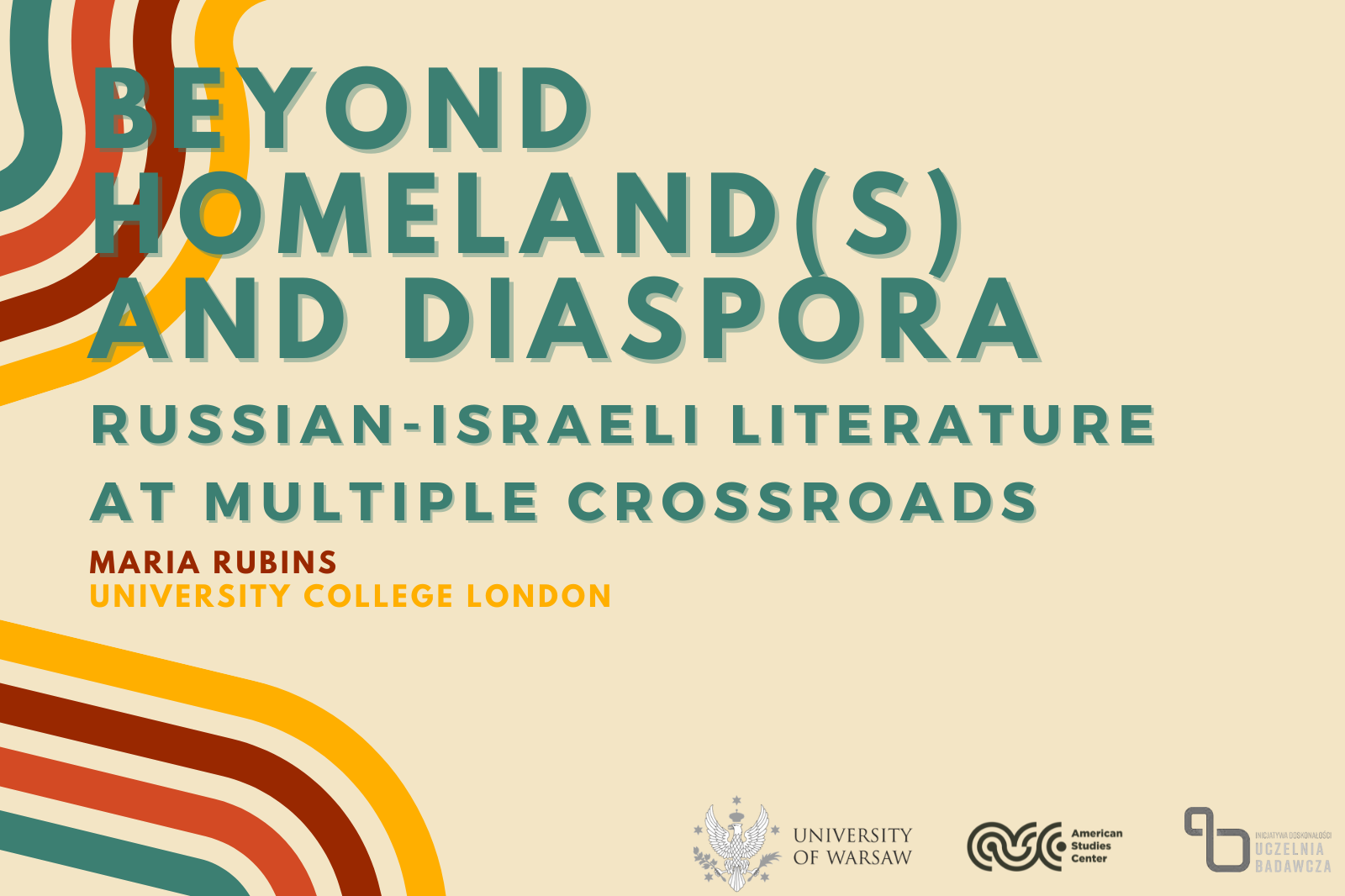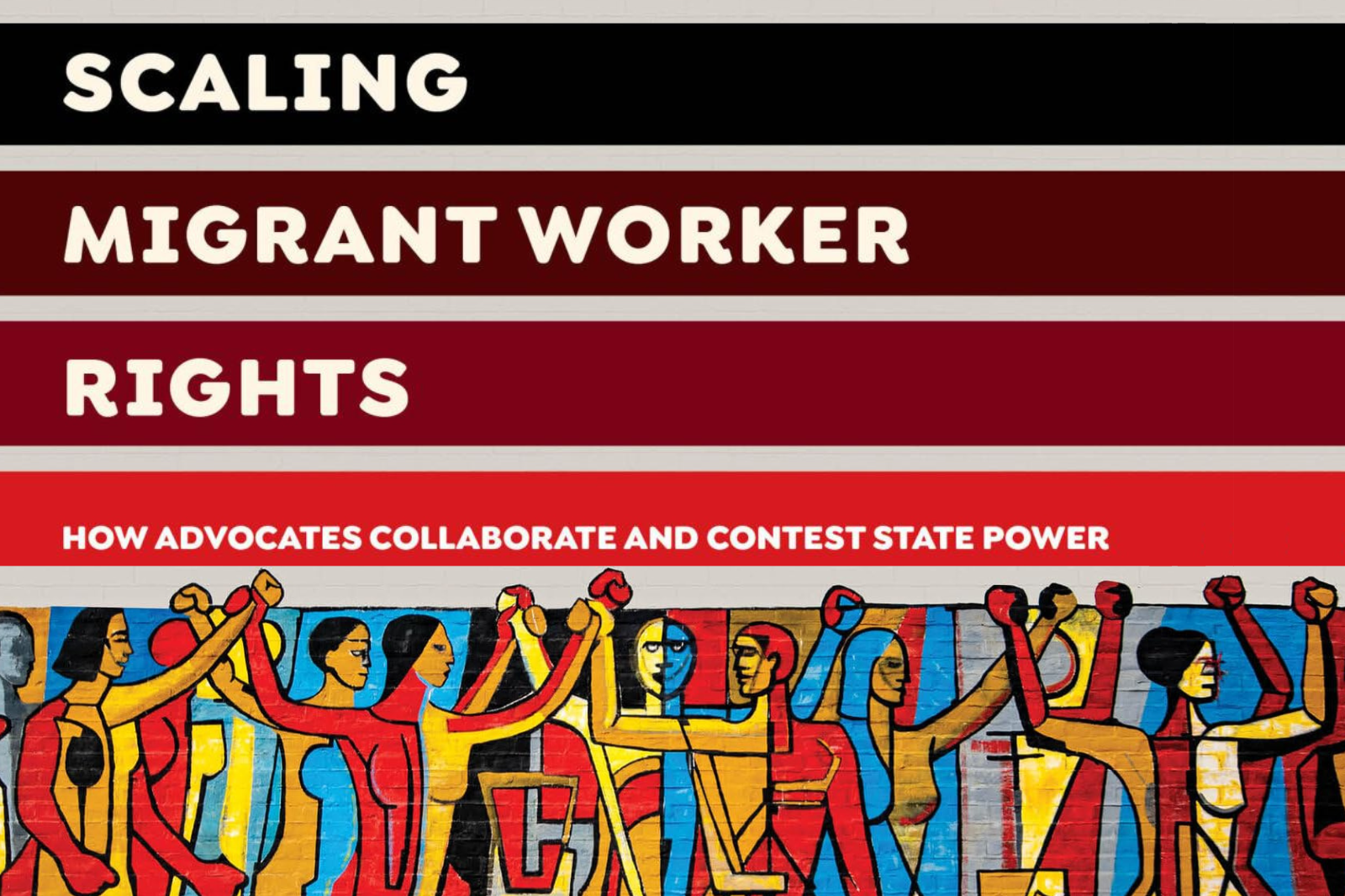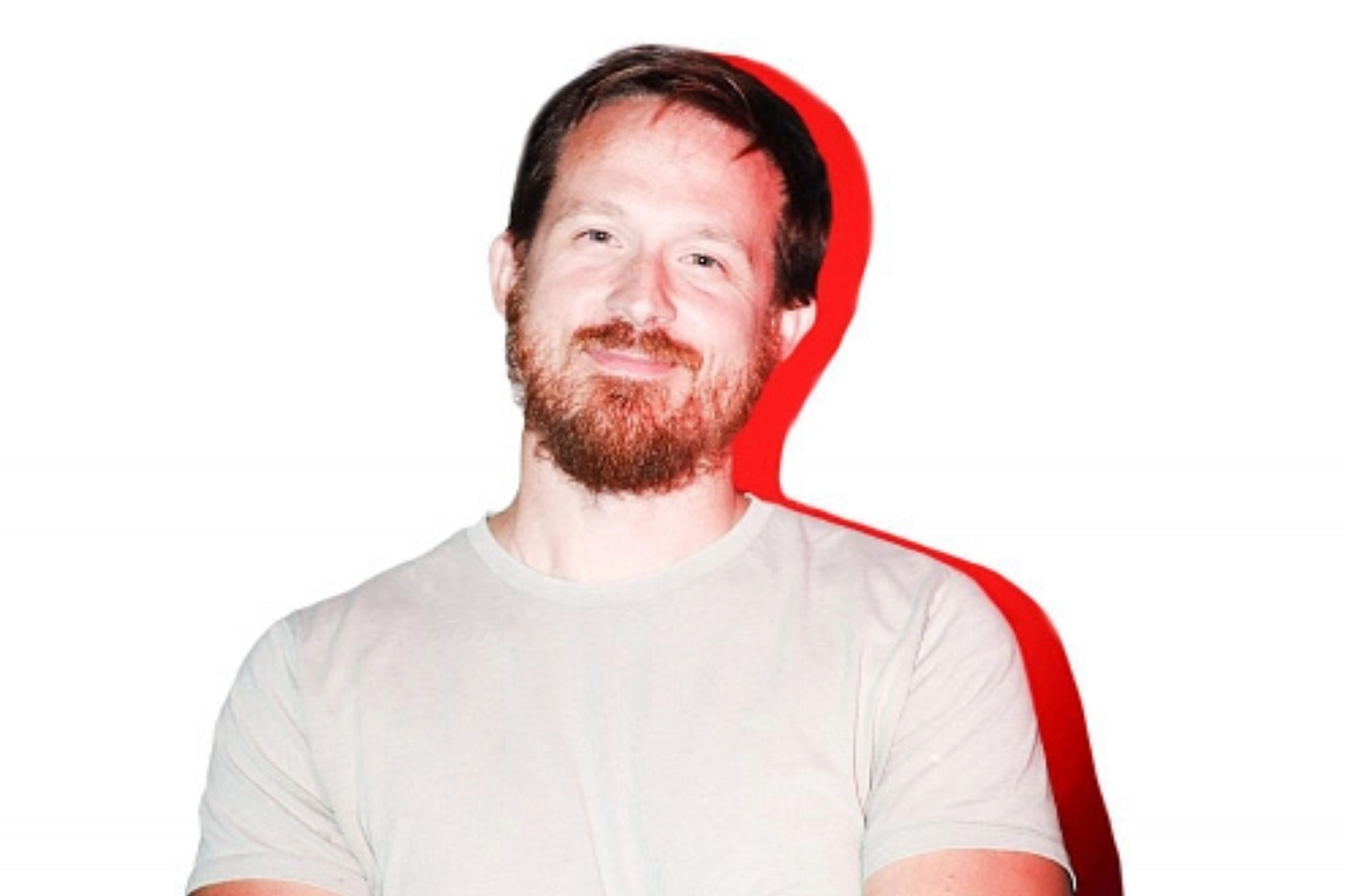OZN is going online until regular operations are resumed! Please keep a record of all the online talks, museum visits, discussions, and courses you attend online, so we can allocate OZN points for those.
- Online lecture organized by the ASC – 2 OZN
- Online lecture/talk organized by another institution – 1 OZN
- Online seminar/workshop (includes readings and assignments) – 1 OZN per hour (consultation with OZN coordinator required)
- Online museum visit, other “passive” activities – 1 OZN
- Completed online course organized by an institution of higher learning – 10 OZN
What events count?
- ASC online events
- All Warsaw University online academic events
- All events suggested on OZN FB page
- All events YOU suggest and get approved by OZN Coordinator
What is the basis for getting points?
You need to keep a detailed record of all the online events.
Please keep a record:
- Enter each event in your OZN card, include the date, title, speaker, and the name of the website/institution organizing the event.
- Keep a PRINTSCREEN record of all the online talks, museum visits, discussions, and courses you attend online.
- In a single file collect notes from each event attended (they can be very brief depending on the topic and form).
Until instruction returns to the ASC building or you’ll need your OZN grade (whichever comes first), you do not need to validate each online event.
Getting your OZN Grade
Collected all the OZN points required by your program of studies? To get your grade you need to submit the following documents to the OZN Coordinator (m.usiekniewicz@uw.edu.pl) with a cc to the Student Office:
- Scan of completed OZN card listing all online and irl events you have attended
- One file with notes/scans of notes and print screens confirming your attendance
- Optional: any certifications for courses attended, volunteer work completed, etc.
Please make sure to include the number of points collected into the body of your email to the Coordinator and the Student Office.
Make sure you label the attachments in an obvious way. Only send complete submissions in a single email. Ensure that you received a confirmation of points from the Coordinator.
We have extended the OZN form submission deadlines:
- if you plan to defend in July, sumbit the form by June 23, 2021;
- if you plan to defend in September, submit the form by September 10, 2021.




